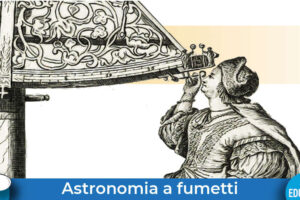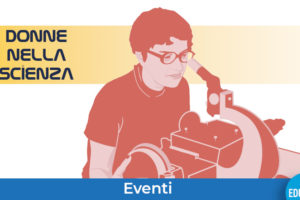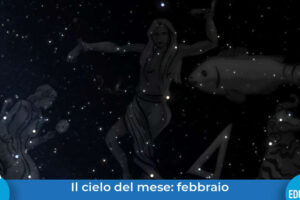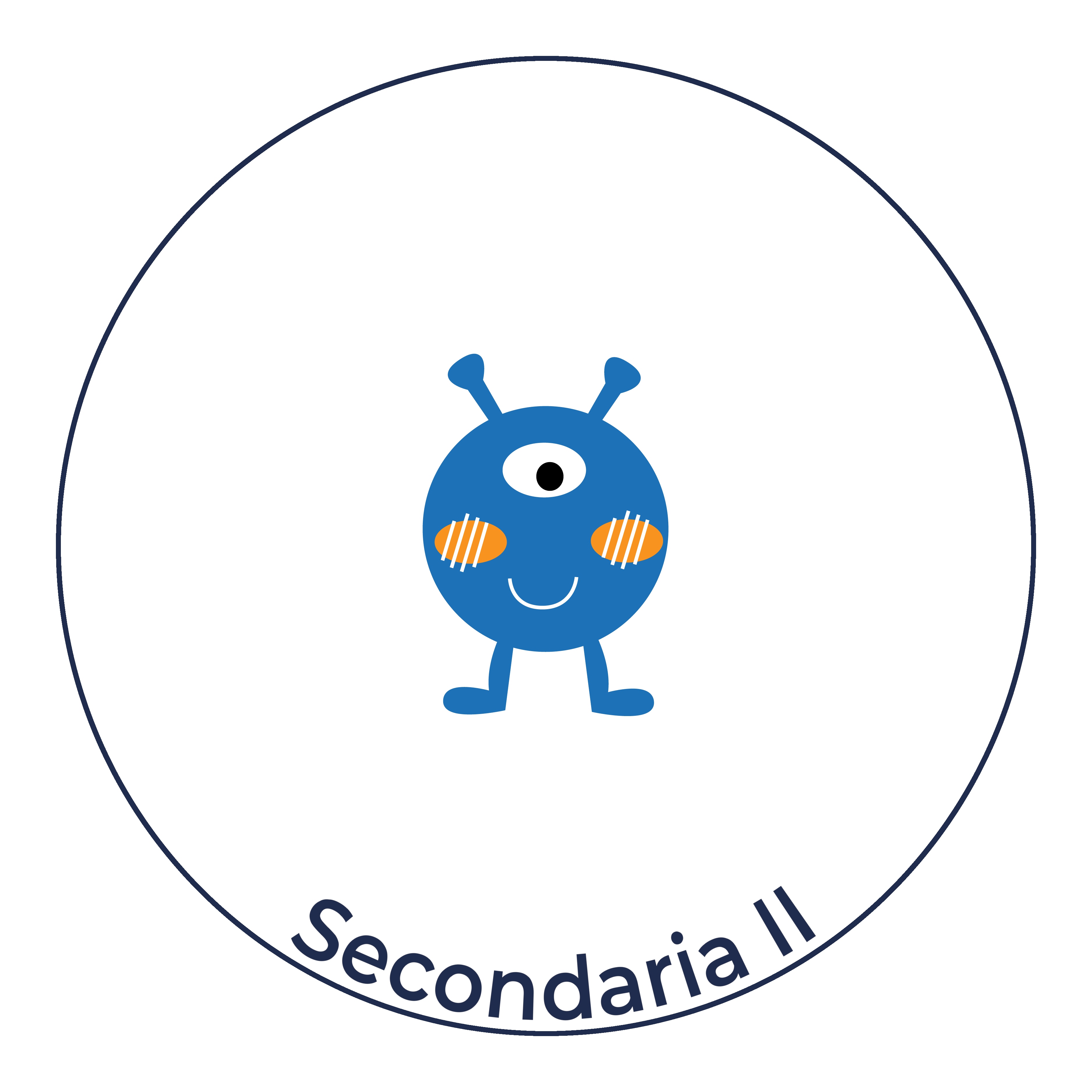Aggiornato il 27 Giugno 2022
Introduction
We present a discussion activity based on the PlayDecide card game, in which participants can analyze different positions and points of view about the design and building of large new-generation astronomical observatories.
Quite often, the issues on which we are called to take decisions and choices as citizens deal with science and technology, therefore we should address controversial scientific issues even in schools and public engagement contexts.
Teaching methods thorugh debate are innovative, fun, engaging and effective, and place the student at the center with a leading role. They consist in a communication exchange guided by rules in which the students find themselves arguing on a topic, and learn to pursue positions that they do not necessarily share, and confront each other with fairness and respect from opposite theses. These methods promote several skills for personal development, following EU recommendations, in particular social and civic skills, a feature that
makes them interesting also for the teaching of Civic Education in schools.
Game description
The activity we propose is based on the PlayDecide card game. The description of the game and its phases is available on the site.
By reading the proposed cards, participants get acquainted with the issue, examine different points of view, form their own opinion and reach a shared position.
The construction of large telescopes for modern Astrophysics promotes the advancement of scientific knowledge, and requires the development of new technologies ““ such as systems for the transfer of huge amounts of data, supercomputers with very high computational capacity and speed, and new methods for data analysis. All these technologies apply to daily life, in medicine, as well as in the creation of new materials, etc. On the other hand, building a large telescope in a certain place can disturb local communities, occupy private properties, or important spaces for the locals, exploit resources or modify the territory, thus affecting the habitat of endemic species. This is why a work of mediation is required between the needs of the scientific community and those of the local communities, also in view of environmental and cultural preservation of the chosen area.
We have decided to present the various issues surrounding this undoubtedly topical theme through an exercise designed to stimulate multidisciplinary discussions, which can range from Astronomy to History, from Civic Education to Geography, in both formal and informal educational contexts.
The total duration of the activity is 1/2 hour, a relatively short time, compatible with school timing, or within a workshop.
Learning aims
- Get to know the main features of projects for large astronomical observatories;
- Get to know the opportunities and problems related to the building and management of such infrastructures;
- Get to know the different interests and opinions at play in these contexts.
Educational aims
- improve digital skills, for the research of sources and the selection of the most relevant information;
- improve communicative skills: speak in public, relate, be effective, concise and relevant;
- improve metacognitive skills, to evaluate and self-evaluate one’s own performance;
- improve collaborative skills, so as to negotiate as a group the best strategy to bring into the debate;
- learn to learn;
- self-regulation and development of autonomous strategies;
- improve social and civic skills.
Evaluation in schools
Since this is an innovative and informal teaching method, which overcomes the dynamics of the traditional, frontal lesson, evaluating the effectiveness of this activity consists in the teacher’s observation and documentation, as well as on peer evaluation and on the pupils’ self-evaluation.
Additional information
The votes of the participants about the proposed positions can be entered online, in order to receive a graphical summary and compare the results of the group with those of other players, even from other countries around the world.
Bibliography
- PlayDecide
- United Nations Declaration on the Rights of Indigenous Peoples. (pdf)
- Mountain battle (pdf)
- The Thirty Meter Telescope Reveals Ethical Challenges For The Astronomy Community
- Astronomical Observatories and Indigenous Communities in Chile
- Indigenous Australian artists and astrophysicists come together to communicate science and culture via art
Attachments: pdf of the game
Acknowledgements: We thank Davide Chinigò, Professor at the University for Foreigners of Perugia for the consulence on sociological issues and real facts. Thanks to Jader Monari, Germano Bianchi and Marco Poloni (INAF) for testing the game.




